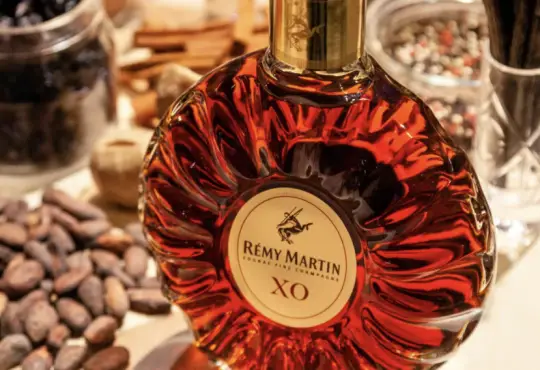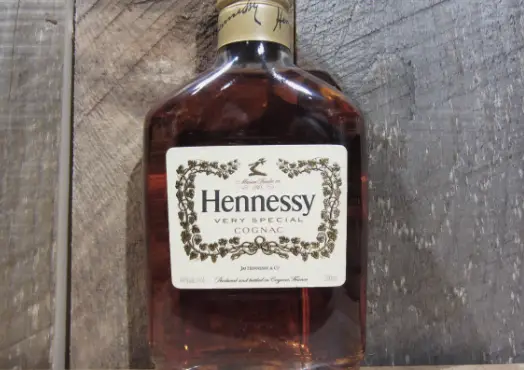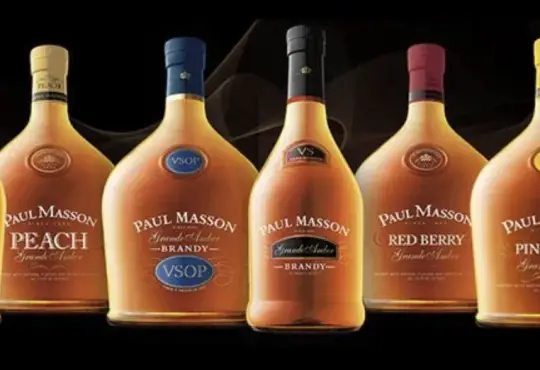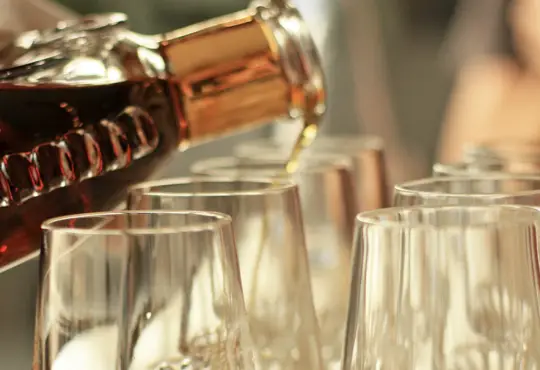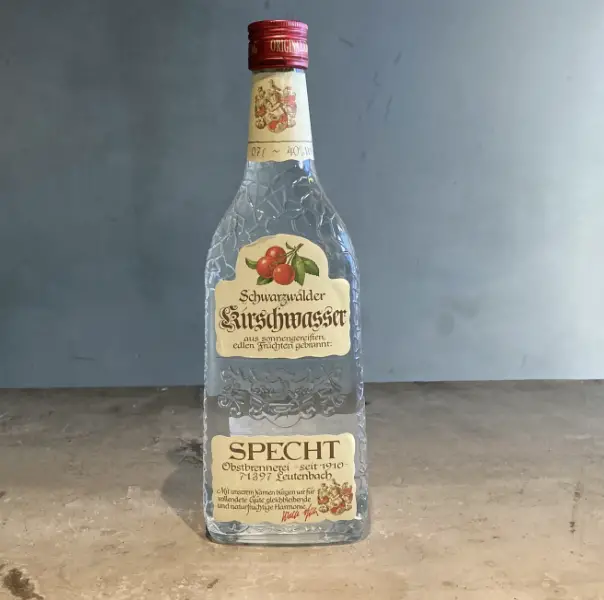
Kirschwasser Liquor: Unveiling the Secrets of the Cherries’ Spirit
Kirschwasser, also known as Kirsch, is a captivating liquor with a long history rooted in the heart of Europe. Made from the distillation of fermented cherries, this unique spirit offers a delicate balance of fruity flavors and subtle complexities. In this in-depth blog post, we delve into the origins, production methods, tasting notes, and cultural significance of Kirschwasser, unraveling the secrets behind this beloved cherry-based liquor.
- A Cherry-Infused Heritage: Kirschwasser finds its origins in the picturesque regions of Germany, Switzerland, and the Alsace region of France. Translating to “cherry water,” Kirschwasser has been crafted for centuries, utilizing local cherries to create a distinctive and cherished spirit. The use of cherries in alcoholic beverages can be traced back to medieval times, but it was during the Renaissance era that Kirschwasser gained popularity.
- Production Process: Kirschwasser is traditionally made by fermenting and distilling a specific variety of sour cherries, known as the “Schattenmorelle” cherry. The cherries are harvested at their peak ripeness and undergo a fermentation process, converting the sugars into alcohol. The resulting cherry mash is then distilled, typically using copper stills, to obtain a clear and flavorful distillate.
- Distinctive Flavor Profile: Kirschwasser showcases a unique flavor profile that balances the natural sweetness of cherries with subtle tartness and a hint of almond. The distillation process retains the essence of the cherries, resulting in a clean and vibrant spirit with distinct fruity notes. Additionally, the presence of cherry pits during distillation imparts a delicate almond-like aroma and a subtle nutty undertone to the liquor.
- Culinary Versatility: Kirschwasser’s versatility extends beyond being enjoyed as a standalone spirit. Its complex flavor profile and aromatic qualities make it a favorite ingredient in culinary applications. Kirschwasser is often used in the creation of decadent desserts such as Black Forest cake, cherry clafoutis, and various cherry-infused sauces. It adds a unique depth of flavor, enhancing the cherry notes and providing a gentle warmth to the dishes.
- Cultural Significance: Kirschwasser holds a special place in the cultural traditions of the regions where it originated. In Germany, it is often served as a digestive after a meal or enjoyed as a celebratory drink during festive occasions. In Switzerland, Kirschwasser is an essential component of the national dish “Käsefondue,” where it adds a subtle cherry note to the melted cheese. Additionally, Kirschwasser is also cherished in the Alsace region of France, where it is used in both culinary and cocktail creations.
- Tasting Kirschwasser: When savoring Kirschwasser, the spirit’s aromatic qualities and balance of flavors should be appreciated. On the nose, expect the distinct aroma of cherries accompanied by subtle almond notes. The palate reveals a harmonious interplay of sweet cherry flavors, delicate tartness, and a touch of almond, with a smooth and clean finish.
- Notable Kirschwasser Brands: Several renowned brands produce exceptional Kirschwasser, including Schladerer, Etter, Hugel, and Trimbach. These distilleries have mastered the art of crafting Kirschwasser, preserving the essence of cherries and ensuring a high-quality spirit that captivates the senses.
Conclusion: Kirschwasser liquor, with its rich history, unique flavor profile, and cultural significance, offers an enchanting drinking experience. From its humble origins in Europe to its versatile use in culinary applications, Kirschwasser continues to delight enthusiasts with its nuanced cherry notes and delicate almond undertones. Whether sipped neat, incorporated into cocktails, or used in culinary creations, Kirschwasser stands as a testament to the artistry of distillation and the timeless allure of cherries’ spirit.

